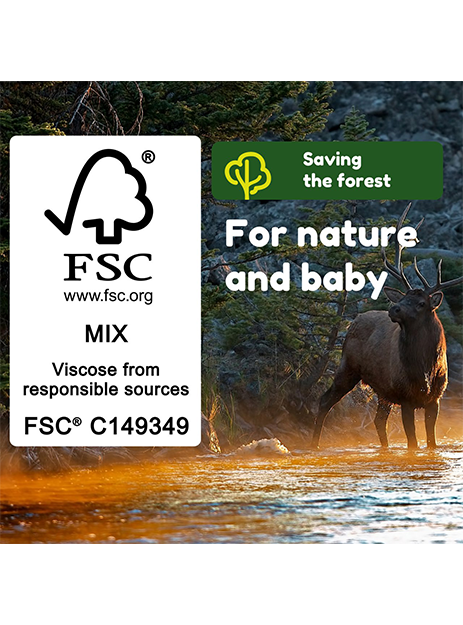STOP the use of Polyester wipes! And help us keep our planet safer.

In a world increasingly aware of environmental concerns, the materials we use daily play a significant role in shaping the future of our planet. One such material, polyester, is a staple in many everyday products, including wipes. While polyester wipes may seem convenient, their environmental impact is far from benign. It’s time to reconsider their use and explore more sustainable alternatives for the sake of our planet.
The Environmental Impact of Polyester Wipes
Polyester, a type of plastic, is widely used in disposable wipes due to its durability, softness, and cost-effectiveness. However, its environmental footprint is substantial:
- Non-Biodegradability: Polyester is a synthetic material derived from petroleum, and it does not break down naturally. When disposed of, polyester wipes can take hundreds of years to decompose, leading to long-term pollution in landfills and oceans.
- Microplastic Pollution: When washed or discarded, polyester wipes contribute to microplastic pollution. These tiny plastic particles are ingested by marine life, entering the food chain and eventually affecting human health. Microplastics are now found in water, soil, and even the air we breathe.
- Energy and Resource-Intensive Production: The production of polyester is energy-intensive and relies heavily on non-renewable resources. The manufacturing process releases significant amounts of greenhouse gases, contributing to climate change.
- Harm to Marine Life: When polyester wipes are flushed down toilets, they can end up in rivers and oceans. These wipes not only contribute to the growing problem of marine debris but can also entangle marine animals or be ingested, causing harm or death.
Why We Need to Stop Using Polyester Wipes
The convenience of polyester wipes comes at a steep cost to our environment. Continuing to use them contributes to the growing plastic pollution crisis, exacerbates climate change, and endangers wildlife. By choosing to stop using polyester wipes, we take a significant step towards reducing our environmental impact and protecting the planet for future generations.
Sustainable Alternatives to Polyester Wipes
Thankfully, there are more environmentally friendly alternatives to polyester wipes that can help us reduce our ecological footprint:
- Biodegradable Wipes: Made from natural fibers like bamboo, cotton, or wood pulp, biodegradable wipes break down more quickly and safely in the environment. They offer a similar level of convenience without the long-term environmental damage.
- Reusable Cloth Wipes: Reusable cloth wipes made from organic cotton or other sustainable materials can be washed and reused multiple times, significantly reducing waste.
- DIY Wipes: Creating your own wipes at home using old fabric and natural cleaning solutions is an excellent way to avoid single-use products altogether. Plus, you have full control over the ingredients, ensuring they are safe for both you and the environment.
- Switch to Liquid Cleaners: Instead of relying on wipes, consider using liquid cleaners and reusable cloths for cleaning tasks. This simple switch can drastically cut down on plastic waste.
How You Can Help
Making a difference starts with individual action. Here’s how you can contribute:
- Avoid Polyester Wipes: Choose biodegradable or reusable alternatives whenever possible.
- Educate Others: Share information about the environmental impact of polyester wipes with friends, family, and on social media.
- Support Sustainable Brands: Opt for products from companies that prioritize sustainability and use eco-friendly materials.
- Advocate for Change: Encourage businesses and policymakers to adopt and promote sustainable practices.
Conclusion
The planet needs our help, and one way we can make a positive impact is by rethinking our use of polyester wipes. By choosing more sustainable options, we reduce pollution, conserve resources, and protect the environment for future generations. It’s time to say no to polyester wipes and yes to a safer, greener planet.


